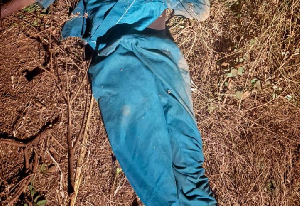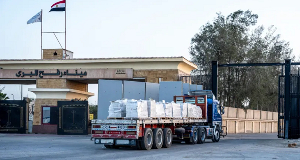Few weeks ago, Ghanaian artiste, Pappy Kojo took to Twitter to announce that he has been stuck in Italy after thousands of people were infected by the coronavirus.
The death toll from the coronavirus outbreak in Italy leapt by 627 on Friday, March 20, 2020, to 4,032 – an increase of 18.4 percent, which is the largest daily rise in absolute terms since the contagion emerged a month ago.
On Thursday, Italy, a country with 60 million citizens, recorded more deaths from the coronavirus than China, the source of the epidemic with a population over 20 times larger.
Against this backdrop, the rapper called for the evacuation of Ghanaians who have been locked down in Italy.
“ I’m not safe, I live just across a busy street and people keep using that road every minute which is not safe for me, I’ve been calling out to the government [President Akufo-Addo and his ministers] yet no response, I’m a Ghanaian and I’ve done a lot for this country in terms of creative arts.
“The Ghanaian Embassy in Italy recently reached out to inform me about the death of some two Ghanaians residing in Italy which I told them I’ve heard the news.
"Sincerely I’m not safe, I have something to feed on now but I’m afraid I might soon run out of food." Pappy Kojo told 3FM’s MzGee.
Until Friday, Italy had never recorded more than 475 deaths in a single day, while China, where the contagion has slowed sharply, has never reported more than 150.
The total number of cases in Italy rose to 47,021 from a previous 41,035, an increase of 14.6 percent, the Civil Protection Agency said.
The mayor of the most badly affected city, Bergamo in the affluent northern region of Lombardy, said the true number of fatalities from the pandemic in his area was four times higher than was officially reported so far.
"Many of the elderly are dying in their houses or in old people's homes, without anyone testing them either before or after they die," Giorgio Gori told the Huffington Post.
Entertainment of Saturday, 21 March 2020
Source: www.ghanaweb.com













